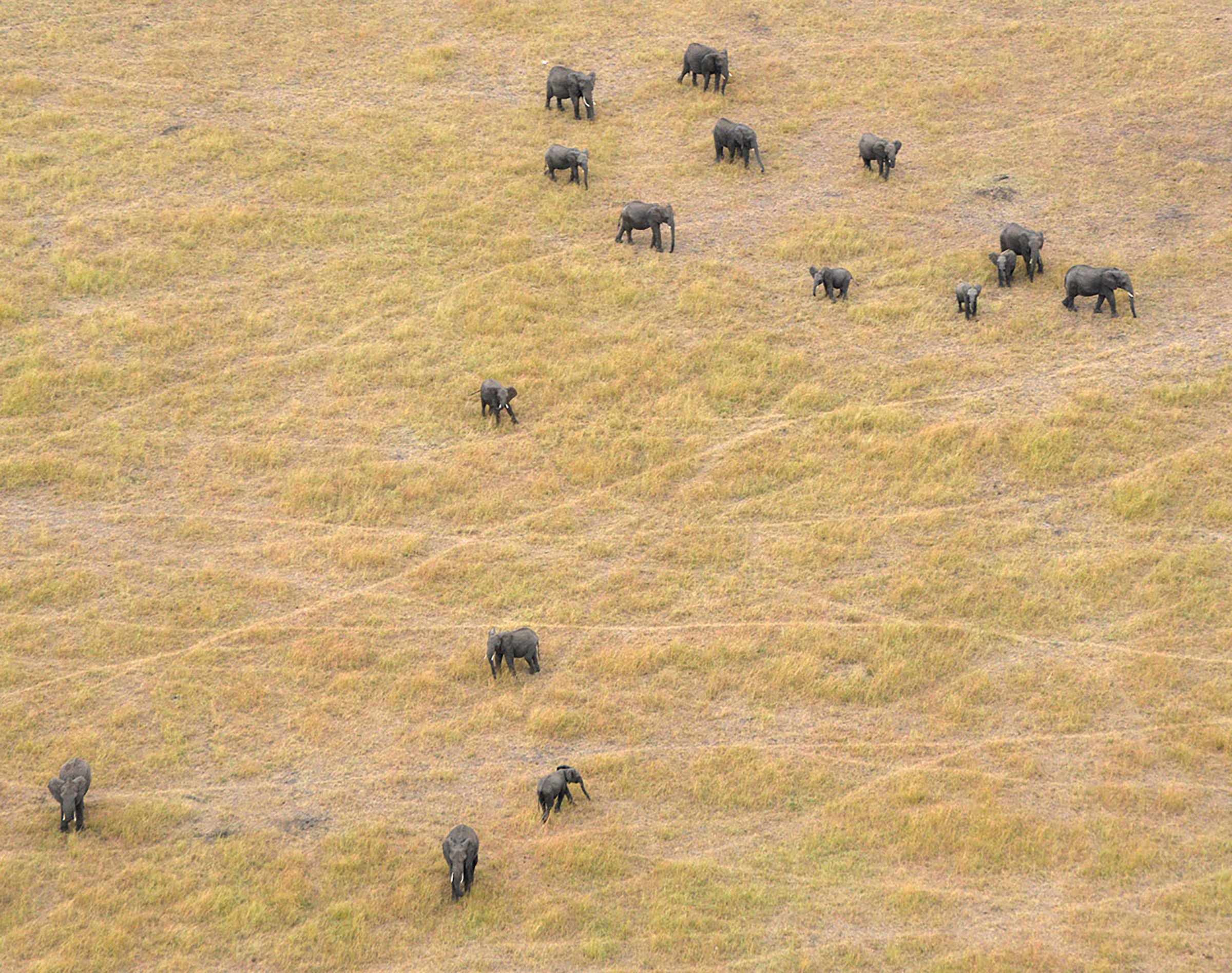
African forest elephants are facing severe population declines because of poaching, and scientists now estimate it will take almost a century for their population to recover.
According to a study by the Wildlife Conservation Society published Wednesday in the Journal of Applied Ecology, it will take African forest elephants about 90 years to recover from the damage done by poachers. Between 2002 and 2013, the population of forest elephants in central Africa decreased 65%.
“The impact of these data is that forest elephants are facing a huge challenge in recovery from current poaching rates,” lead author and Wildlife Conservation Society associate Andrea Turkalo said in a press release. “If the poaching is not curtailed they are faced with extinction sooner than we thought.”
Their recovery is expected to take such a long time because of elephants’ slow birth rates. Forest elephants in central Africa begin breeding at about 23 years of age. After that, they only reproduce once every five or six years—a low rate compared to other mammals, including Savannah elephants, the other subspecies of elephant found in Africa. Savannah elephants generally give birth for the first time at around 12-years-old, and then continue to breed once every three or four years.
More Must-Reads from TIME
- Donald Trump Is TIME's 2024 Person of the Year
- Why We Chose Trump as Person of the Year
- Is Intermittent Fasting Good or Bad for You?
- The 100 Must-Read Books of 2024
- The 20 Best Christmas TV Episodes
- Column: If Optimism Feels Ridiculous Now, Try Hope
- The Future of Climate Action Is Trade Policy
- Merle Bombardieri Is Helping People Make the Baby Decision
Contact us at letters@time.com